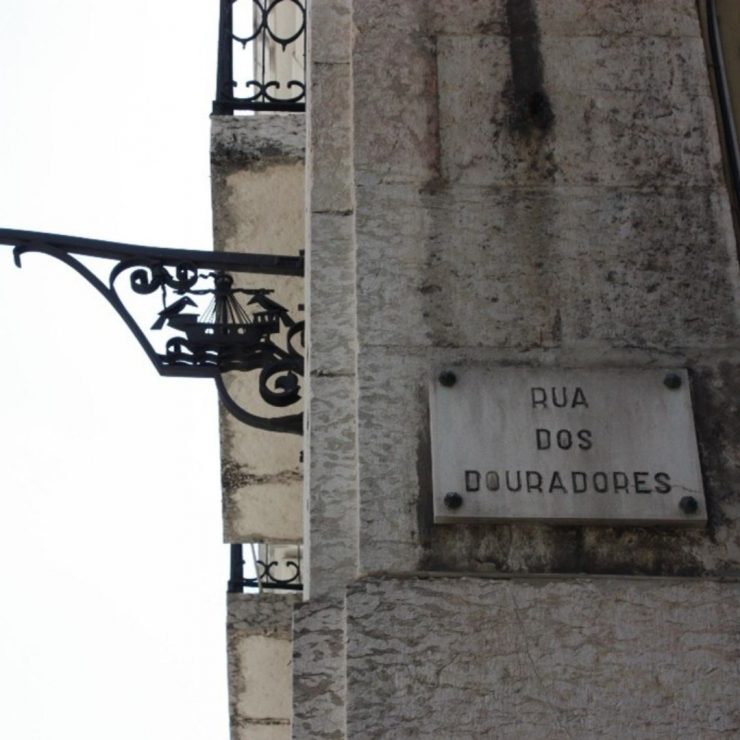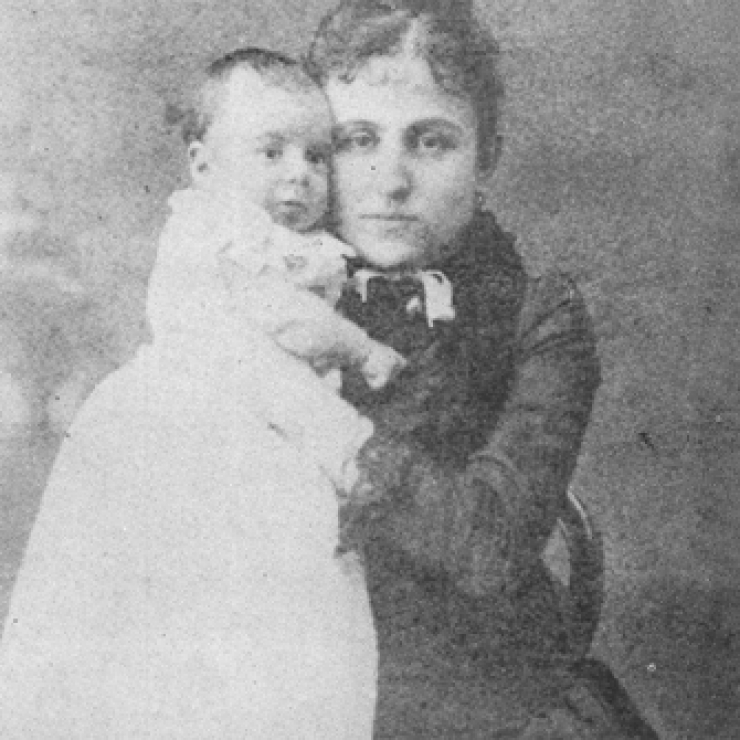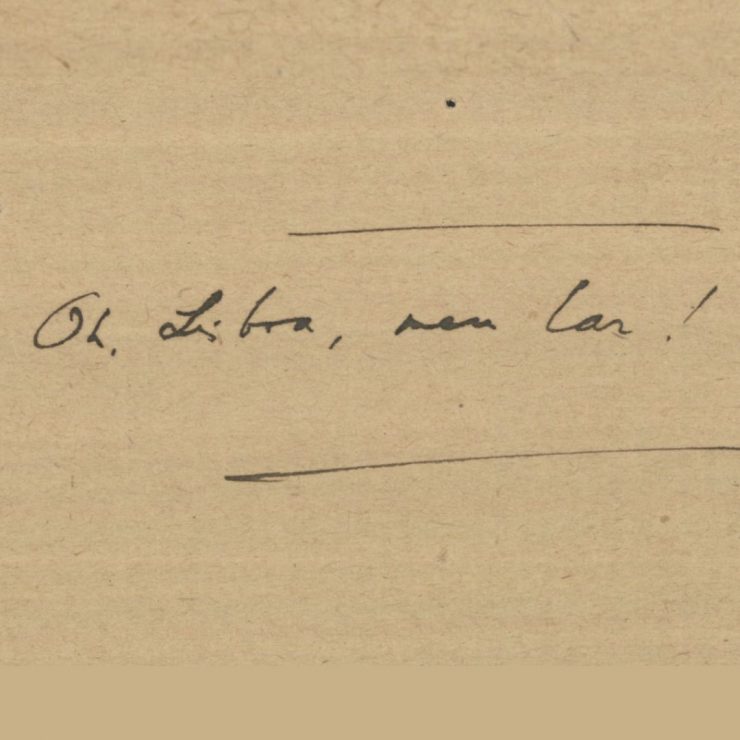In this article, we propose the reading of ten quotes from The Book of Disquiet, the most widely read prose work by Fernando Pessoa. Published in apparently unordered excerpts from the text «A Floresta do Alheamento» (in the magazine A Águia, 1913), the Book of Disquiet is the diary of an author that is three persons, because Pessoa “credited” or attributed the writing of this work to three different “authors”: himself, that is, Fernando Pessoa ortonym, in a first phase; to the fictional writer Vicente Guedes, later; finally, to the semi-heteronym Bernardo Soares, «bookkeeper’s assistant in the city of Lisbon», in the most likely best-known phase of the book’s writing, from 1928 onwards.
Only partially published in a few and scattered excerpts in literary magazines during the life of Pessoa, The Book of Disquiet was only published, in a more comprehensive version, in 1982, by the Ática publishing house, organised and prefaced by Jacinto do Prado Coelho and texts collected and transcribed by Maria Aliete Galhoz and Teresa Sobral Cunha. To date, several other editions have been published, each one adding new elements in the selection, arrangement, and organisation of the texts.
The editions and versions consulted for this article were mainly the collection of Fernando Pessoa found at the National Library of Portugal (of which we show an image, see below), the Digital Archive of The Book of Disquiet (University of Coimbra), Richard Zenith’s edition (Assírio and Alvim, 1998) and Jerónimo Pizarro’s work (INCM, 2010; Tinta-da-china, 2013).
Thus, marking the first 40 years of the publication of The Book of Disquiet (1982-2022), we want to pay tribute to this unique work of Portuguese and world literature, highlighting ten quotes of this intimate, psychological, metaphysical, and poetic journal. Ten quotes that, as often happens in Pessoa, elicit deep reflections on themes of universal wisdom.
Fabrizio Boscaglia
Irony is the first indication that consciousness has become conscious.
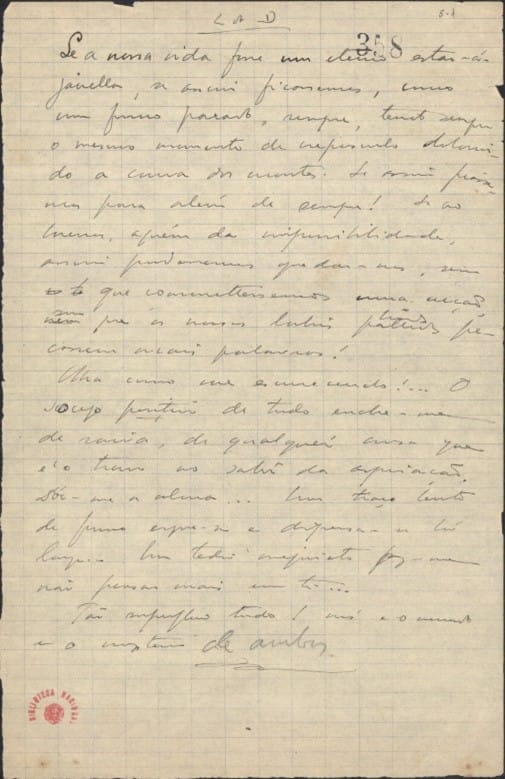
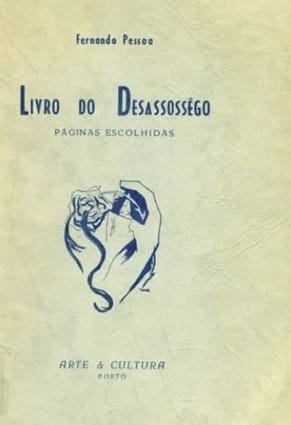
Life is full of paradoxes, as roses are of thorns.
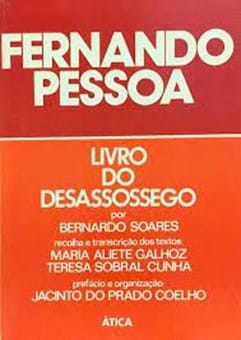

My only real concern has been my inner life.
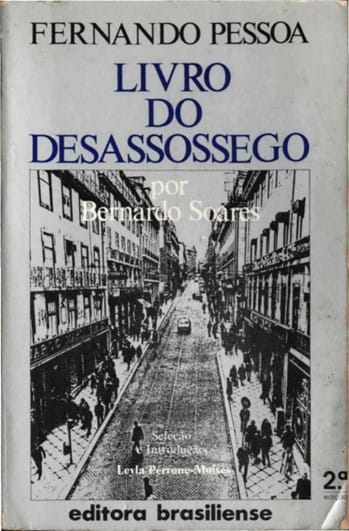
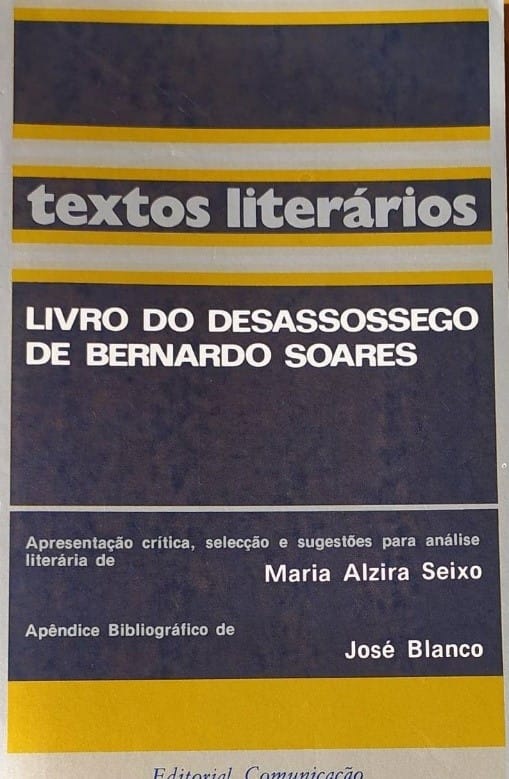
I enjoy words. Better yet, I enjoy making words work. Words to me are palpable bodies, visible sirens, embodied sensualities.
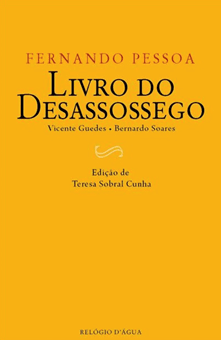
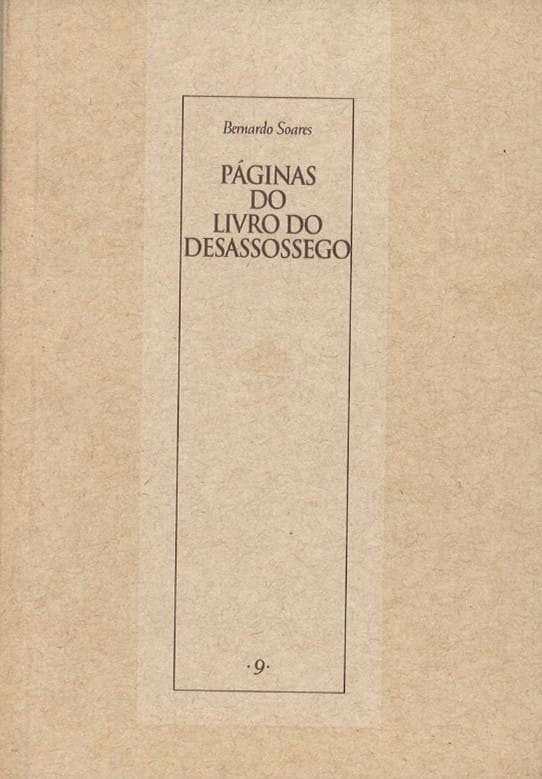
My soul is a hidden orchestra; I know not what instruments, what strings and harps, drums and tamboura I sound and clash inside myself. I only know myself as a symphony.
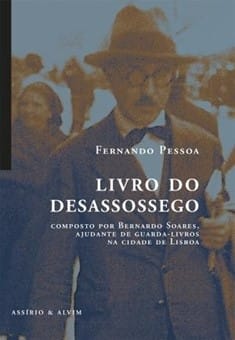
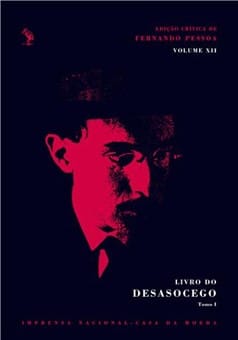
Without faith, we have no hope, and, without hope, we don’t have life.
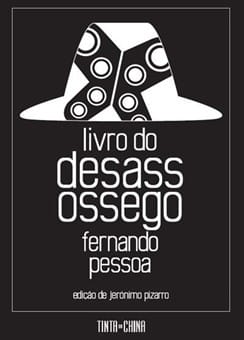
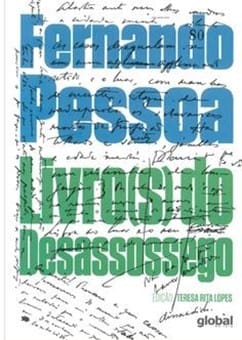
God is the soul of everything.
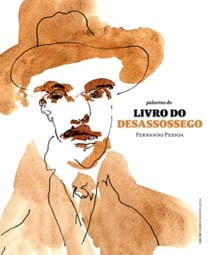
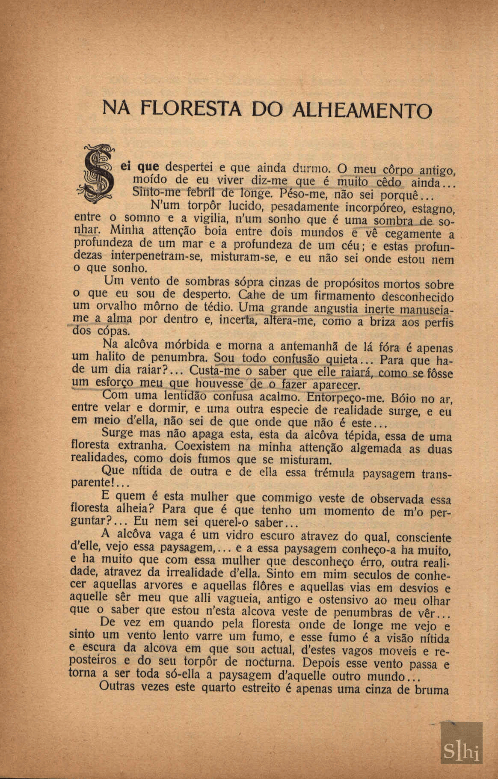
I always live in the present. The future, I can’t know. The past, I no longer have. Some days are entire philosophies in themselves that suggest us new interpretations of life, marginal notes full of acute criticism in the book of our universal destiny.
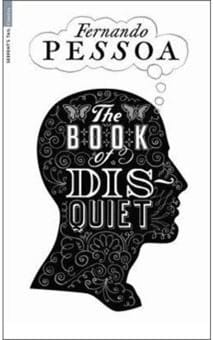
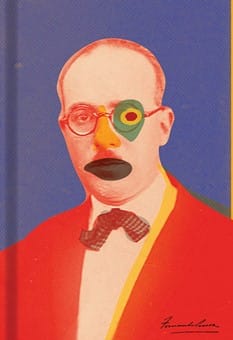
Children are particularly literary, for they say what they feel not what someone has told them to feel.
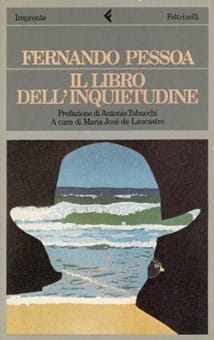
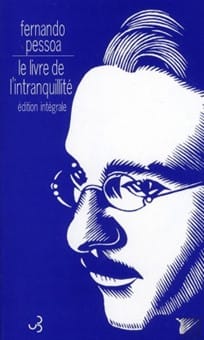
_
Discover Lisbon & Pessoa, from Lisboa Pessoa Hotel.


